Sustainable Gardening for Summer
Practical Tips for Eco-Friendly Plant Care
🌞Embrace Eco-Friendly Gardening Practices This Summer
As summer temperatures rise, adopting sustainable gardening practices becomes essential for maintaining a healthy garden while conserving resources. Eco-friendly gardening not only benefits the environment but also enhances the resilience and beauty of your outdoor space. Here are some practical tips to help you garden sustainably this summer.
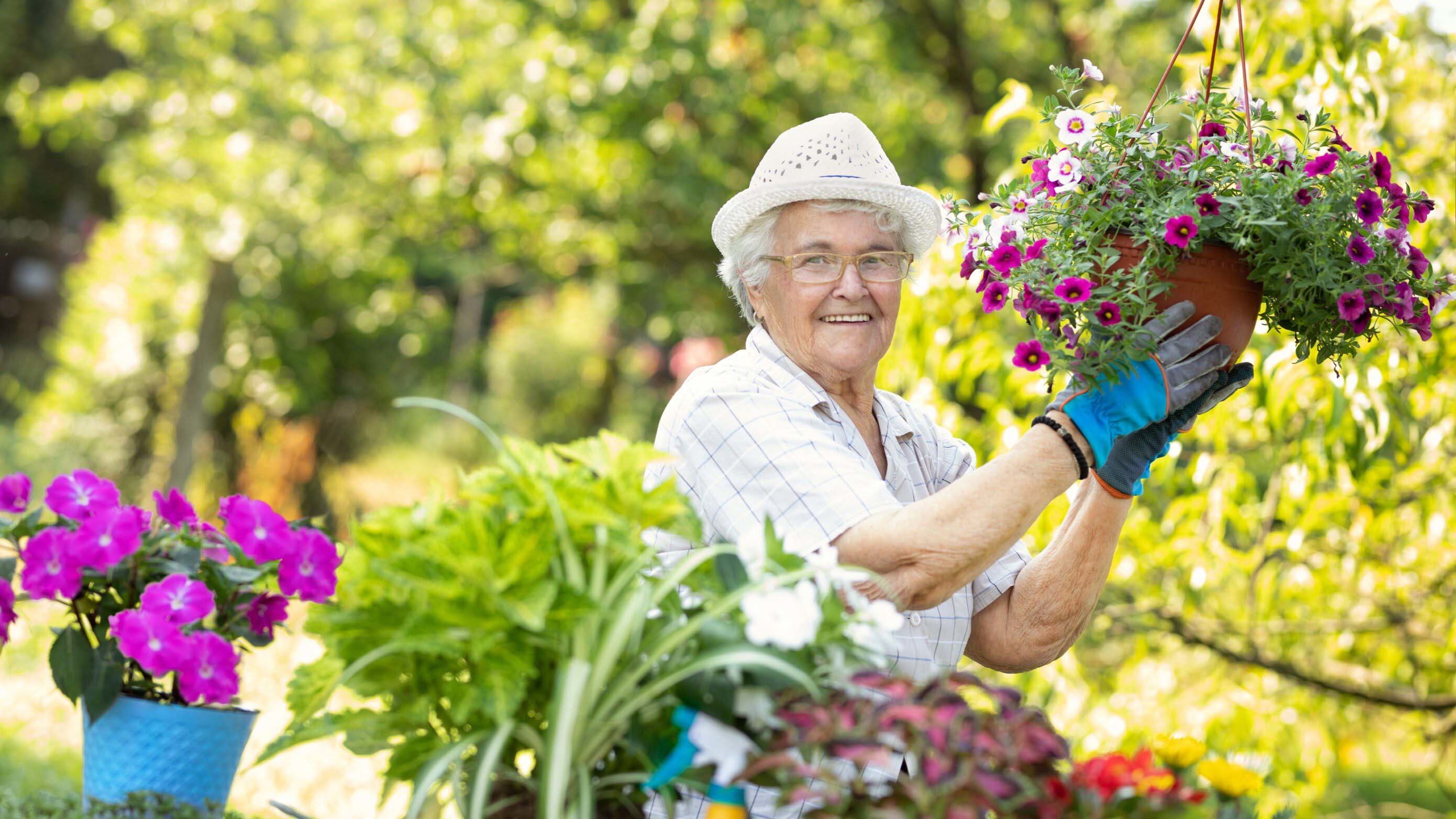
1. Conserve Water with Efficient Irrigation
Water conservation is crucial during the hot summer months. Implementing efficient irrigation methods can significantly reduce water usage:
Drip Irrigation Systems
Deliver water directly to plant roots, minimizing evaporation and runoff. (Reference: Fine Gardening)
Soaker Hoses
Allow water to seep slowly into the soil, ensuring deep root hydration.
Rain Barrels
Collect and store rainwater for garden use, reducing reliance on municipal water supplies. (Reference: Keep Mass Beautiful)
Watering early in the morning or late in the evening further reduces evaporation.
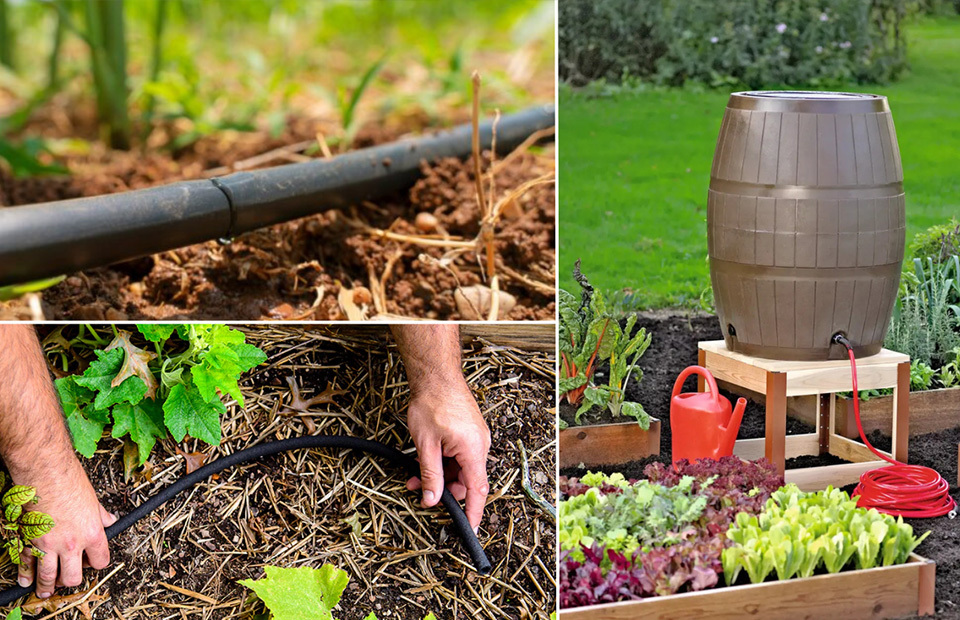
2. Utilize Mulching to Retain Soil Moisture
Mulching is an effective way to conserve soil moisture and suppress weeds:
Organic Mulch
Materials like shredded bark, grass clippings, or coir help retain moisture and improve soil health. (Reference: Mulch - Wikipedia)
Sheet Mulching
A no-dig technique that involves layering organic materials to enrich soil and reduce weed growth.
Apply a 2- to 3-inch layer of mulch around plants, avoiding direct contact with stems to prevent rot.
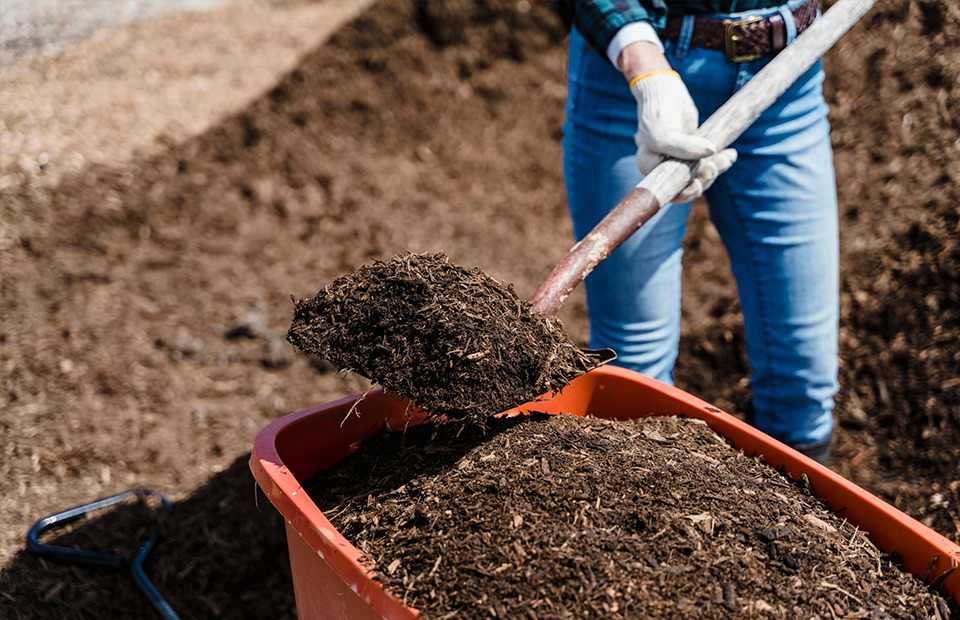
(Image credit: musselmanlandscape)
3. Choose Native and Drought-Tolerant Plants
Selecting plants adapted to your local climate reduces water and maintenance needs:
Native Plants
Thrive in local conditions and support local ecosystems. (Reference: Garden Lessons)
Drought-Tolerant Varieties
Such as lavender, yarrow, and sedum, require less water and are ideal for xeriscaping.
Incorporating these plants enhances garden sustainability and resilience.
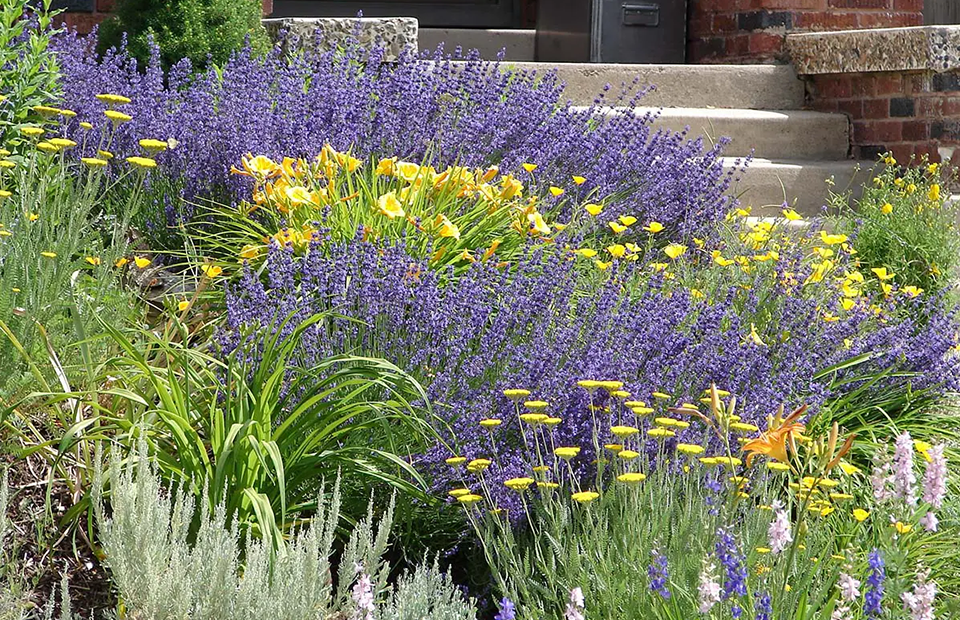
(Image credit: restonfarm)
4. Grow Your Own Food Sustainably
Cultivating your own fruits and vegetables reduces your carbon footprint and ensures fresh produce:
Container Gardening
Ideal for small spaces; grow herbs, tomatoes, and strawberries in pots or hanging baskets.
Composting
Recycle kitchen and garden waste to create nutrient-rich compost for your plants. (Reference: Sustainable Gardening 2024)
Homegrown produce promotes healthier eating and environmental responsibility.
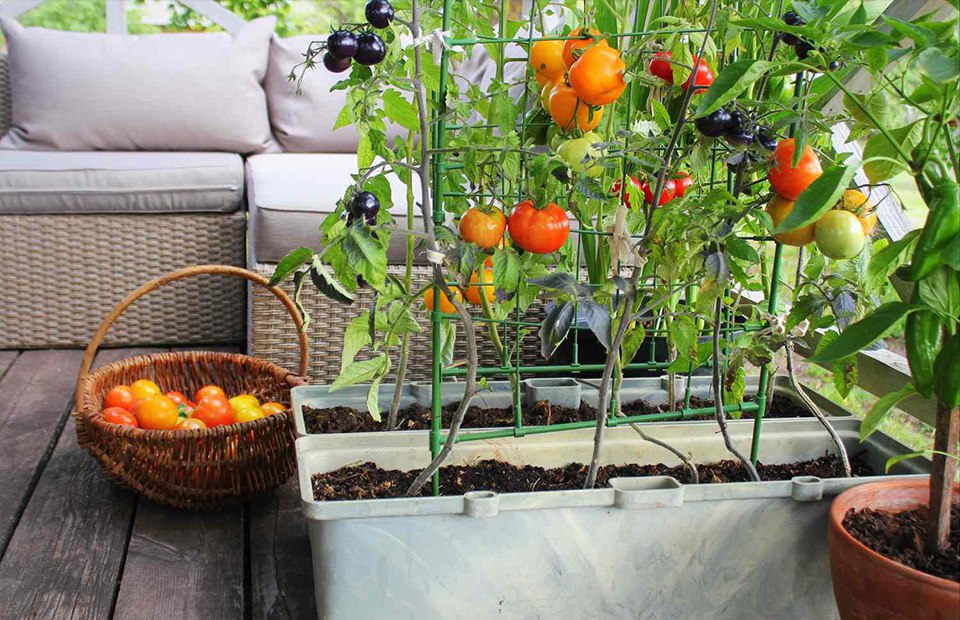
(Image credit: southernliving)
5. Support Pollinators and Biodiversity
Encourage beneficial insects and wildlife to create a balanced garden ecosystem:
Plant Pollinator-Friendly Flowers
Such as coneflowers, bee balm, and milkweed to attract bees and butterflies. (Reference: Xerces Society)
Provide Habitats
Install bee hotels, birdhouses, and leave some natural areas undisturbed for wildlife shelter.
Supporting biodiversity enhances garden health and productivity.
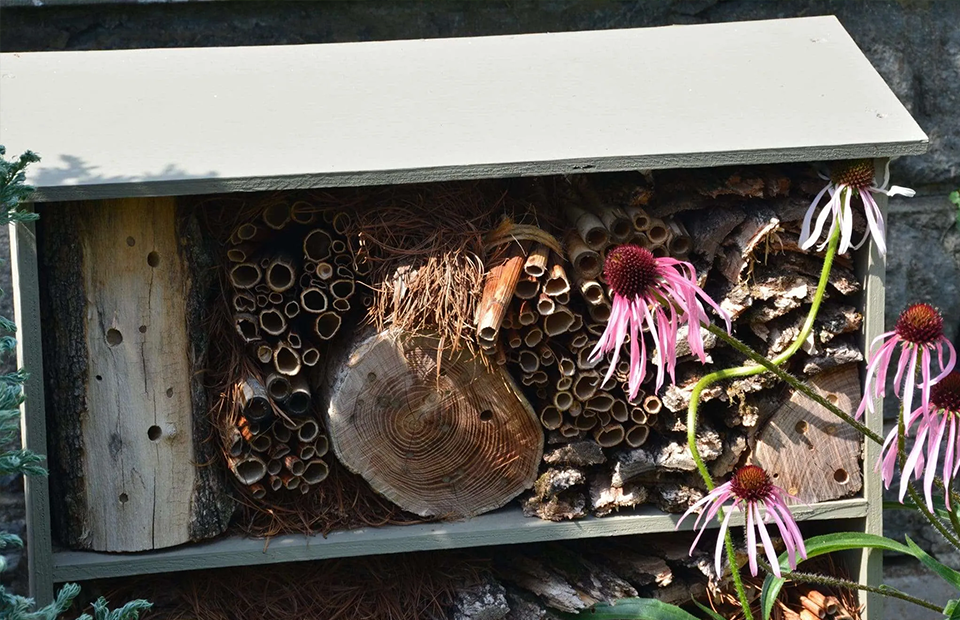
(Image credit: ecobeneficial)
6. Implement No-Dig Gardening Techniques
No-dig gardening preserves soil structure and promotes microbial activity:
Avoid Tilling
Minimizes soil disturbance, maintaining its natural composition. (Reference: Missouri Botanical Garden)
Use Compost and Mulch
Add organic matter to the soil surface to nourish plants naturally.
This approach reduces labor and fosters a healthier garden environment.
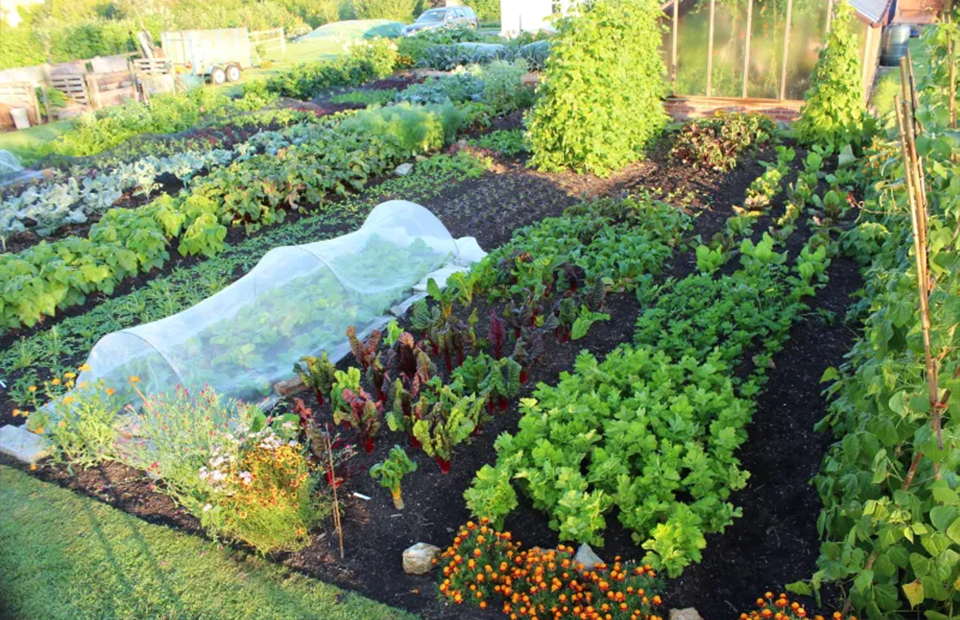
(Image credit: nodighome)
7. Create Shade and Cool Zones
Protect plants and create comfortable outdoor spaces by incorporating shade elements:
Plant Trees and Shrubs
Provide natural shade and reduce ambient temperatures. (Reference: The Spruce)
Install Pergolas or Shade Sails
Offer flexible shading options for gardens and patios.
Shaded areas help prevent plant stress and enhance outdoor enjoyment during hot days.
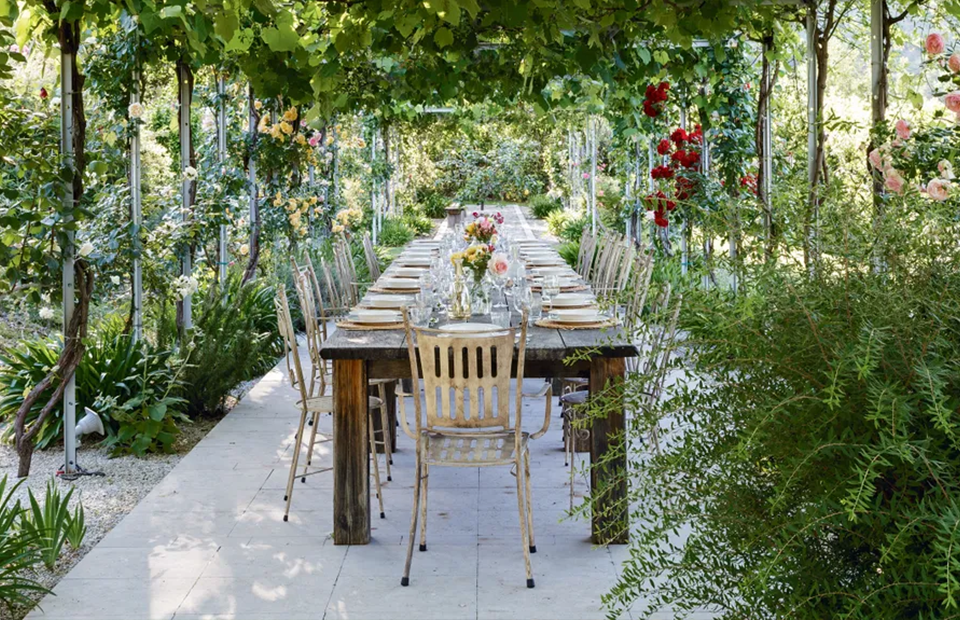
(Image credit: homesandgardens Future / Mark Bolton)
🌟Embrace Sustainable Gardening This Summer
By adopting these eco-friendly gardening practices, you contribute to environmental conservation while enjoying a thriving, resilient garden. Start implementing these tips today to make a positive impact on your local ecosystem and create a beautiful, sustainable outdoor space.